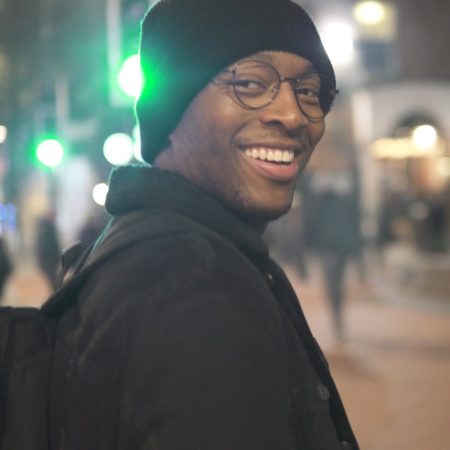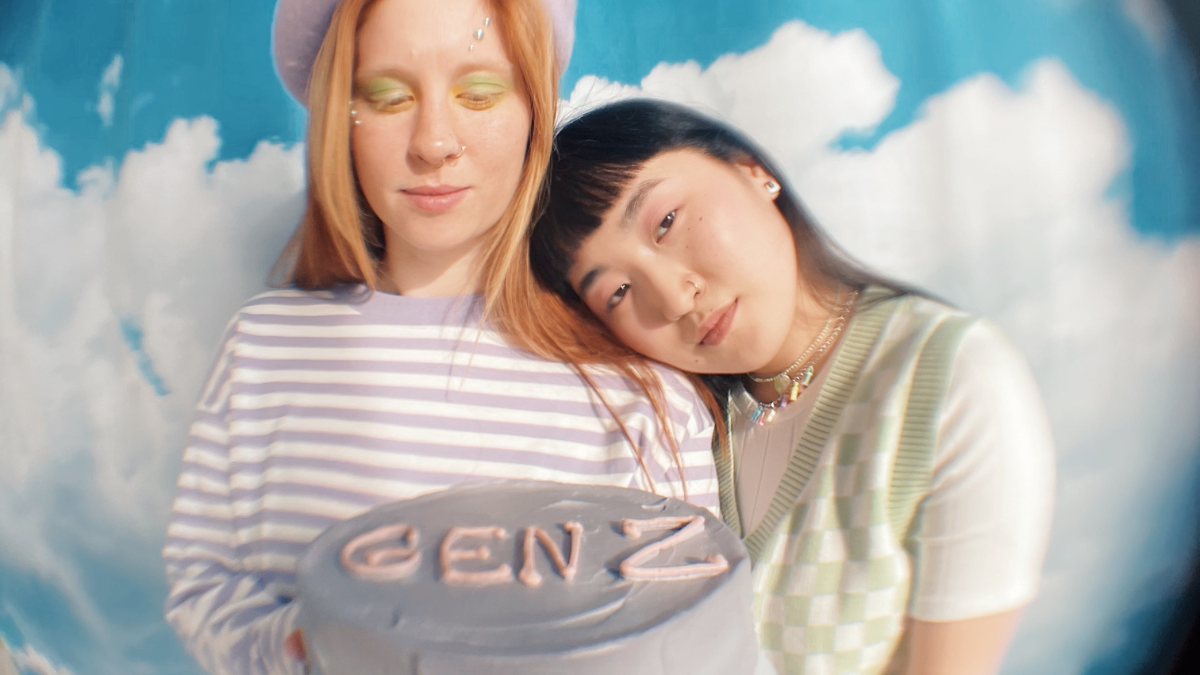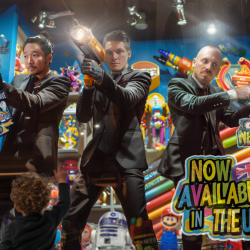We really can’t get enough of Gen Z, the latest generation to hit adulthood
They are working and communicating in new ways. They’re shopping, spending, eating, and drinking differently. They are diverse, opinionated and, in short, they’re pretty fascinating, and they’re coming into their own in a big way. Set to have a spending power of $33 trillion by 2030, this generation is already a powerhouse for our society. Understanding how to capture their attention and connect with them is no longer an option or a trend to follow. It is a survival skill that every CEO, founder, marketer, and worldwide business leader needs to acquire, and fast. Gen Z is one of the most tracked, studied, and analysed consumer groups.
“Gen Z is moving the needle greatly when it comes to showing other generations – those who have preceded them and those who will follow them, (Gen Alpha) – how to prioritise their health and wellbeing above all else. I truly believe this change-making generation will greatly impact the way we work and play for the better. Young people are proving that previous ways of living and working were not necessarily the right way, and we can all learn a lot from their approach.”
Cat Agostinho, co-founder, Imagen Insights
Recently MediaCat Magazine attended Imagen Insights‘ Brutally Honest Gen Z event where we spoke to one of the panelists, Said Onyemauwa, to get a better understanding of this generation and its future. Here’s what we learned:
Hi Said. To engage Gen Z brands need to start listening to people and understand how to add value to their lives. Right now, do you feel like they’re more trying to ‘conquer’ you than value you?

Companies constantly try to gain the approval and attention of my generation. With the rise of TikTok and the ‘viral culture’ brands try to tailor their ads to us, mostly via influencers through collaborations. Also, as a student, there’s almost no (small or big) brand out there that doesn’t target us with discounts, offers and more. One example would be Netflix partnering up with tech experts from the industry to produce a documentary called The Social Dilemma (2020). It highlighted the dangers of social media usage and indicated Netflix cares for its biggest audience.
We’re now in the ‘Customer Attention’ economy, marked by a new, highly valuable currency: Customer Engagement. What do you appreciate more and look for in a brand? Honesty is key, isn’t it?
Yes, honesty has to be every company’s top priority. But we all know that actions speak louder than words. So, one particular brand that, in my opinion, does this really well is refurbed. Their prime goal is to reduce electronic waste and pollution caused by it. They achieve that by repolishing older phones that they get from big tech companies and customers. Then you can buy that phone completely new again for a reduced price. But where they go the extra mile is their very own ‘Plant a tree program’. For every product purchased refurbed will plant a tree in Kenya to help the environment. You’ll even get a certificate when the seeds of your tree have been planted. This is the type of commitment we want to see, not just sweet talk without any practical proof.
Steven Bartlett recently said you were ‘the last resilient generation’. How did this make you feel?
Nowadays on social media, you will encounter a lot of kids my age complaining about every single thing, be it being understaffed at your part-time job several times or other stuff. This leads to millennials and boomers not taking us seriously when it matters, simply because they come across young adults or teens constantly not being satisfied. This annoys me, because when we really need support we get belittled.
One particular instance was right after the big lockdown in 2020/21. Due to all students missing in-person classes, we were given special treatment at our final A level exams. You were allowed to choose if you want to have maths in your exam, and oral testing was on a voluntary basis. This sparked outrage among former high school graduates, as they felt that the A level certificate would lose its value and we should quote: ‘Quit being little kids and start acting like adults’. Completely ignoring the fact that many of us suffered extreme mental health issues whilst being at home for over 3 months. This is just one example of when I felt that the older generation don’t take our problems seriously and toss them to the side.
The event panel agreed a healthy work-life balance is crucial for your mental health. How is yours?
Contrary to what many of my peers say, I would have no problem working full time, I rather enjoy it. But it would have to be structured and more tailored to my personal life. For example, if I worked 35 or more hours a week I wouldn’t want to spend all this in the office. A mix of office and remote work (hybrid) would be ideal. Also, my boss would need to understand that my job isn’t everything, and meeting friends and spending time with family is essential for me and many others. If my personal life is balanced and healthy, this in turn would make me more efficient at work and avoid burnout.
Gen Z is considered a sensitive generation. What worries you?
As I said at the event, there’s nothing that I’m afraid of in particular. But it might prove troublesome in the future if the gap between Gen Z and millennials becomes bigger rather than smaller. Whilst I know many millennials just refuse to understand any of our viewpoints, there are also those that do seek dialogue with us, and try to learn new things (and vice versa).
Do you feel seen?
I very feel seen by a lot of brands and ad campaigns. I remember when the first lockdown happened. Food delivery was already popular among Gen Z, but Just Eat went a step further. I don’t know how they did it but they were able to get Snoop Dog to collaborate. The short music clip definitely got me and some other friends to order our food more often from them; just because we’re Snoop Dog fans. Which is, if I may say so, perfect marketing. I mean, even if you don’t listen to rap music, what kids in my generation don’t know Snoop Dog?
‘Influencers don’t work anymore.’ Do you agree? And if so, why?
Yes I agree. Influencers were really popular and in demand about five years ago. Nowadays, more people value authenticity and being ‘real’. Being fake gets you nothing but rejection today. The problem with influencers is that most of them that recommend a product or service don’t even like it, and never used it before. They simply get a script of what to say about the brand, for money or free items. So everyone watching their favourite influencer talk about a brand wants to know if they’re legit, but in reality they’re getting fooled, and nobody likes to be fooled. Which in turn hurts the brands image and reputation, if the influencer is found out to be lying.
Your generation has the power to drive world decisions, especially in creative industries. Are you aware of that, and what do you think about it?
I strongly realise this. As someone who wants to work in the creative industry after graduating (as social media manager or UI/UX designer), being Gen Z will have a massive impact on this outcome. How companies market themselves and operate will completely change, given the strong online presence that is required nowadays, and our generation has the best knowledge of it. Apart from that, big political decisions and environmental issues are experiencing drastic turning points through the effort of my generation (e.g. Fridays for futures demonstrations).
Which is your favourite information channel?
My preferred way of consuming news is through social media (mainly Instagram). There I read through popular newspaper channels like The Guardian, BBC, and the main Austrian news channel, ZIB. These channels are just for me to catch up with what’s been going on in the world and keep me up to date.
When there’s a crisis such as the Russian-Ukrainian war, then in addition to that I also search through the internet and look for more independent news outlets and not just mainstream media; to get a clearer picture of the situation. I can’t really recall the last time I held a newspaper in my hands.
Featured Image: Polina Tankilevitch / Pexels


























